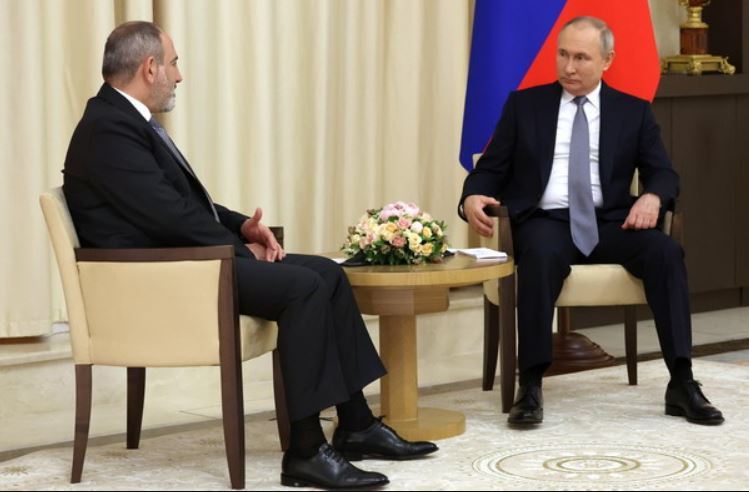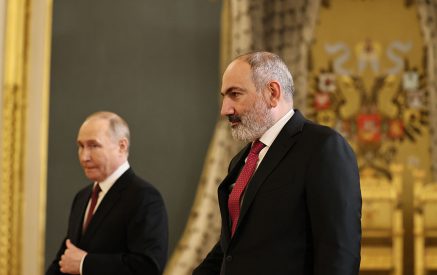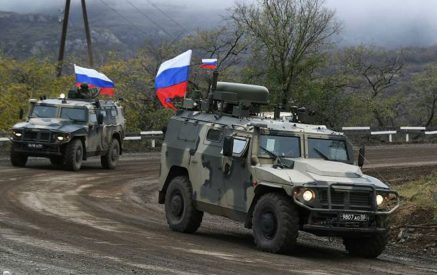There is a nuance in the joint statement of Putin and Pashinyan, which is not mentioned much, but I consider it important. Let me first mention that Pashinyan, as far as I know, is the first head of state to pay an official visit to Moscow after Russia launched a war against Ukraine on February 24 (excluding Russia’s “partner” in that war, President Lukashenko of Belarus). This should be taken into account from the point of view of considering the joint statement of the two leaders.
The title of one of the Russian propaganda websites was as follows: “Putin and Pashinyan have agreed to step up the fight against neo-Nazism.” The word “neo-Nazism” fits perfectly into the agenda of Russia’s war against Ukraine. It is clear that Nazism itself is a very negative and dangerous phenomenon that must be fought against, but what is important in such statements is not the concepts taken separately, but their political context at the moment. It is known that Russia, for propaganda purposes, to justify its attack on the neighboring country, labeled “Nazism” on the Ukrainian statehood, having no factual basis for it.
There is no mention of Ukraine in the text of the Putin-Pashinyan joint statement. It says the following: “The parties, while maintaining a common approach to the common past, intend to continue the fight against the reconsideration of the aftermath of World War II and the distortion of history.” It is also noted that the parties agreed to increase efforts to combat racism, xenophobia, and neo-Nazism. It is obvious to me that these formulations were written in Moscow (because it is a purely Russian story), and Pashinyan went and signed them.
The point is that on April 16, Russian President Vladimir Putin signed a law that provides for administrative responsibility for “public identification” of the goals and actions of the USSR and Nazi Germany, as well as the “crucial role” of the USSR in World War II (pay attention) towards the denial of the “humanitarian mission.”
Read also
Personally, I have no doubt about the “crucial role”, and I consider “identification” wrong. As for the “humanitarian mission,” I am sure that in the millennial history of mankind no army has carried out such a mission in any war. But we can argue about historical formulations. What is indisputable is that by giving them a “legal” look, Putin is paving the way for further repression in his country. And all this (again) is done in the context of the events in Ukraine. That is why the “joint struggle” stated in the statement is unacceptable to me.
Of course, it is natural that in terms of relations with Russia, security is important, the Artsakh issue, around which it is necessary to cooperate. But sometimes, I think, we have to think in what direction we are going in terms of civilization, values, and culture.
Aram Abrahamyan





















































